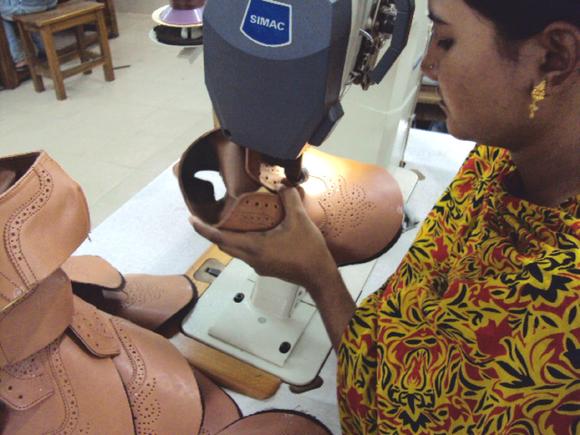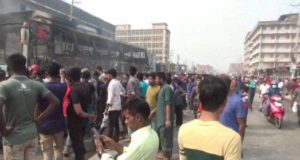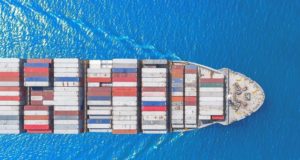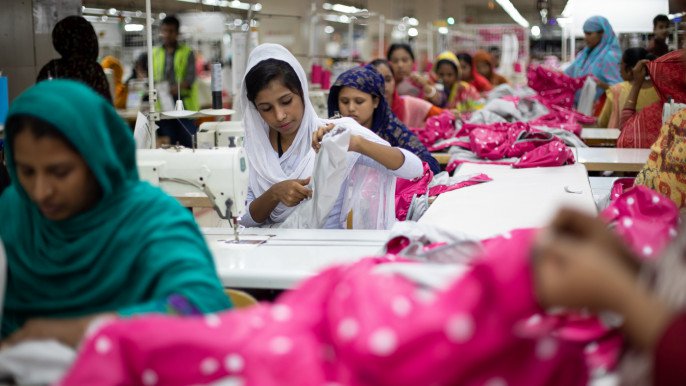Published in Nikkei Asian Review on January 17, 2018

Fast Retailing, Yondoshi, others keen to grow output in the South Asian country
In April 2013, an eight-story building in Bangladesh collapsed, killing over 1,000 people, many of them women making garments for well-known international brands. The tragedy did much to raise concerns over the poor working conditions in the country’s garment industry, and especially the lack of safety measures.
Nearly five years later, things have changed. Many manufacturers are now confident conditions have improved sufficiently, and the time is right to capitalize on the country’s manufacturing advantages. Global apparel makers such as Japan’s Fast Retailing, operator of the Uniqlo chain, have been lured by low labor costs that compare favorably with China’s soaring wages.
Japanese jewelry and apparel shop operator Yondoshi Holdings also plans to make more bags in Bangladesh, confident that circumstances have improved and the country’s profile as a production base will become more prominent among leather product makers and clothing brands.
Yondoshi says the skills of Bangladeshi garment workers and the quality of the products have improved markedly, thanks to the steady accumulation of experience of producing for global apparel brands. The company is looking to increase its production in the country to about 30% of its total in the coming years.
Yondoshi began making bags in Bangladesh about three years ago through its wholly owned subsidiary As’ty. It currently mainly makes affordable lineups at its local partner factory in Dhaka that sell for around 15,000 yen ($135) in Japan.
Following the 2013 disaster, many major manufacturers had to rethink how they did business in the country. Fast Retailing responded quickly with steps to ensure worker safety at partner factories, and now provides health care advice to female workers, including that on nutrition.
As’ty says it also has a solid understanding of workplace conditions at its partner factory, and has taken steps to ensure sound operational management.
Smaller businesses, too, are keen to benefit from the advantages of manufacturing in Bangladesh.
Rayan, a bag and shoe maker based in Tokyo’s Asakusa district, manufactures shoes in the country and sell them under its Bicash brand. Simple lineups using fine Bangladeshi leather are priced at a little over 10,000 yen, and sell well both online and at stores. The maker’s Bangladeshi production has almost doubled over the past several years to around 12,000 pairs of shoes annually.
As’ty, meanwhile, has focused on handbags and totes for women, gradually expanding its lineups. It plans to make more items for men for this year’s spring and summer season. A business bag with a pocket for a laptop computer, for example, will be priced at 15,000 yen to 20,000 yen. By expanding the women’s line as well, the company plans to increase the total number of bag items it makes in Bangladesh to around 30 this year.
 CPD RMG Study Stitching a better future for Bangladesh
CPD RMG Study Stitching a better future for Bangladesh



